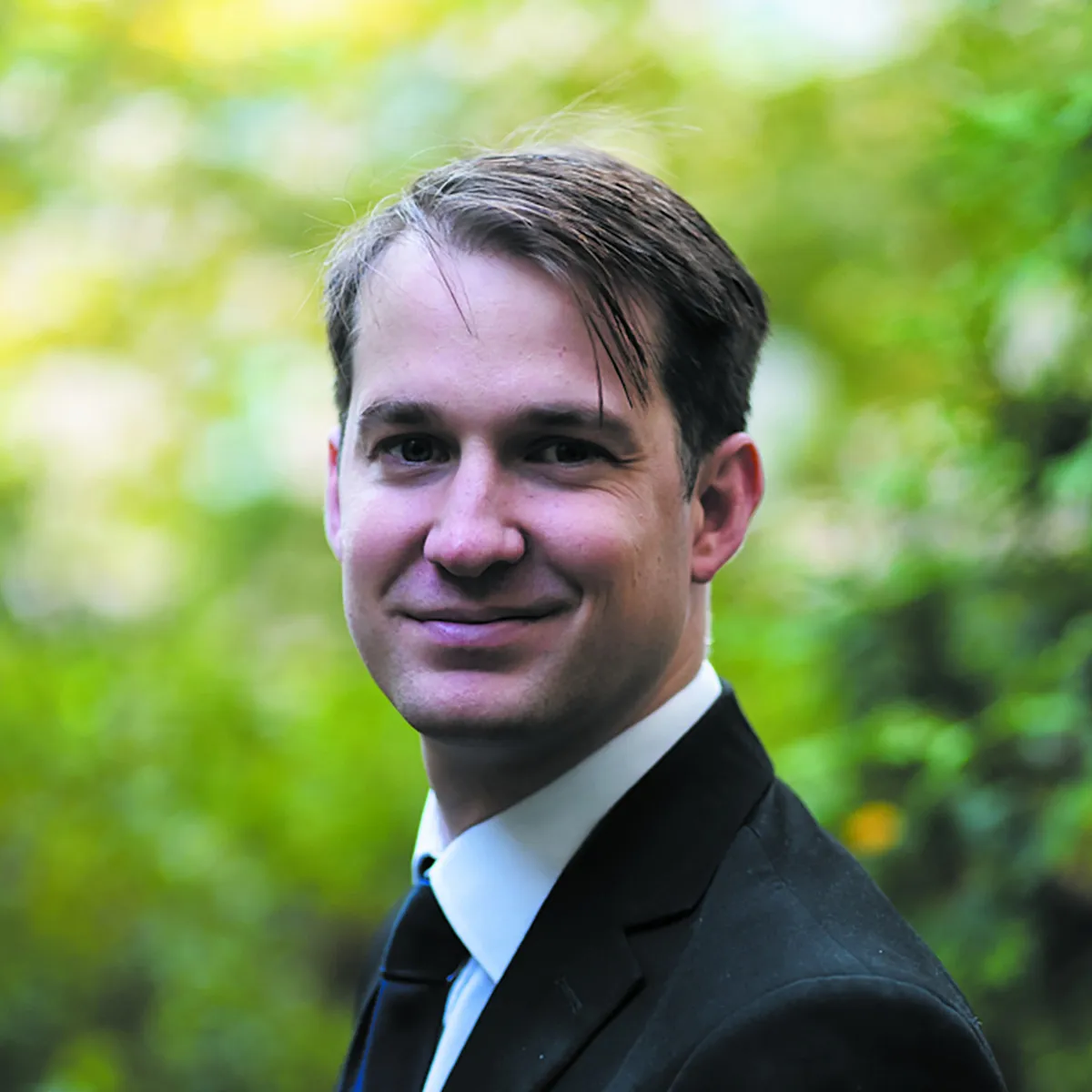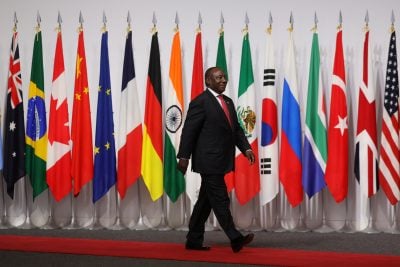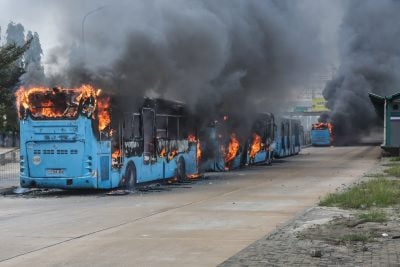Last week, the African peace initiative for Europe touched down in Ukraine, then Russia, in a bid to encourage a peaceful solution to the brutal war stemming from Russia’s illegal invasion of Ukraine. Featuring heads of state from South Africa, Zambia, Senegal and Comoros, Egypt’s prime minister and envoys from the Republic of Congo and Uganda, the mission was designed to represent the breadth and nuance of African opinion on the conflict – though, for all the common hopes of peace, African positions are far from unified.
While opinions on causes of the conflict vary, all of Africa is dogged by the war’s fallout, particularly the crippling impact on Black Sea grain exports from the breadbasket regions of Ukraine. But from the start the ambitious mission appeared unlikely to achieve peace.
Starting with a trust deficit
Part of the problem was the leading role played by South Africa’s President Cyril Ramaphosa – who has a serious trust deficit in Kyiv. South Africa’s record on the conflict includes blaming NATO for Russia’s invasion, hosting joint naval exercises with Russia and China and, according to the US ambassador, clandestinely supplying weapons to Russia from a South African naval base (an allegation that Pretoria denies). These actions mean that Kyiv and the West do not see the country as an honest broker.
As if that wasn’t enough, the endless drama that dogs South African political life at home followed its delegation abroad, when Polish authorities impounded a plane en route to Kyiv carrying Ramaphosa’s security detail – allegedly because they lacked the correct weapons permits. The heads of state of Egypt, Uganda and Republic of Congo quietly withdraw from the mission at a late stage.
All this lent the peace initiative a slightly slapdash and amateurish air. That is a shame, because not only is it welcome to see African heads of state pushing for solutions to global problems, but the mission did not shirk difficult questions.
In a spiky meeting with President Putin in St Petersburg, Ramaphosa told Putin that the war must end. The African delegation called for the return of children to their families; in March the International Criminal Court issued a warrant for Putin’s arrest on charges of illegally transferring children from occupied territory. Noticeably ruffled, Putin interrupted the delegation’s speech and claimed Russia was protecting the children.
Positive engagement
And in Kyiv, where scepticism regarding the motives of the peace plan ran deepest, there was positive engagement.
While pointing out what he regarded as serious flaws in the proposals – Kyiv insists that no freezing of the conflict is possible while its land is occupied – Tymofiy Mylovanov, an adviser to Ukrainian President Volodymyr Zelensky, tweeted that “the proposal on the face value is more in favour of Ukraine.” He highlighted African demands for the return of Ukrainian children from Russia, the removal of Black Sea blockades, security guarantees, sovereign recognition and humanitarian and rebuilding support as potential “pro-Ukrainian” items.
With Africa finding growing influence at the United Nations, neither Ukraine nor Russia can afford to discount African opinion. Zelensky and Putin appeared to realise the significance of the attempt. That in itself could mean that Africa could play a useful role in future peace efforts, although neither leader committed to the plan’s suggested compromises. Thus this flying visit, while welcome, felt more like a plea for peace than a serious, details-led push for a resolution. To achieve that, African leaders would have to prepare for a much longer diplomatic engagement – and perhaps ask Ramaphosa to take a back seat.
Related article
Want to continue reading? Subscribe today.
You've read all your free articles for this month! Subscribe now to enjoy full access to our content.
Digital Monthly
£8.00 / month
Receive full unlimited access to our articles, opinions, podcasts and more.
Digital Yearly
£70.00 / year
Our best value offer - save £26 and gain access to all of our digital content for an entire year!

 Sign in with Google
Sign in with Google 



